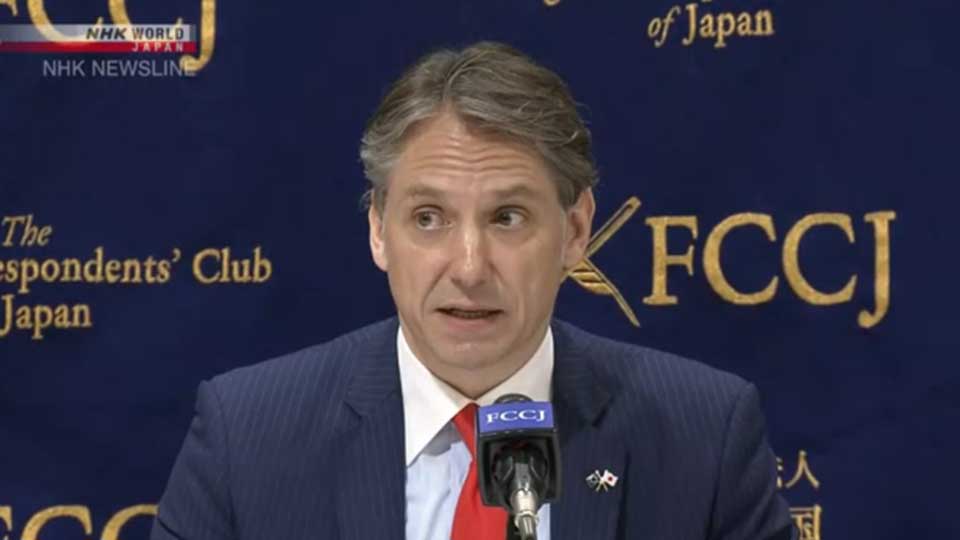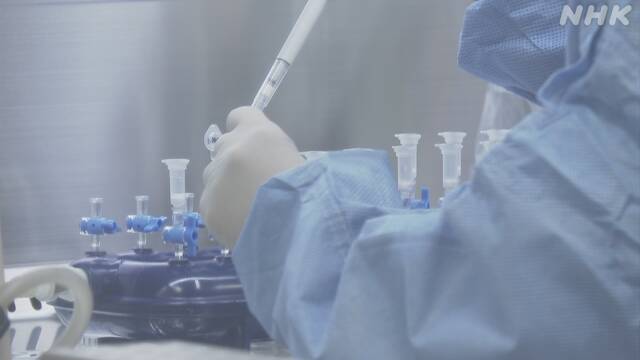Japan is currently refusing entry to people from 111 countries and territories around the world. But last week, the government announced that business travelers will be allowed in, as long as they follow certain rules.
They will need to take PCR tests before their trip, and at the point of entry. They won’t be allowed to use public transportation. And they will have to agree to preserve GPS data on their phones for two weeks to allow authorities to trace their movements.
The government is also proposing that business travelers quarantine for two weeks after arrival, and if they wish to leave their accommodation to conduct business, they will need to submit a written plan stating where they will go and who they will meet.
The government says that in the initial phase, it plans to allow up to 250 people to enter each day.
Some countries have already successfully loosened their entry rules by adopting what’s been termed “travel bubbles.”
The idea is that countries that have had some success containing the virus agree to open their borders to each other’s residents. They are often geographically close to one another and share close economic and social ties.
The Baltic countries of Estonia, Latvia and Lithuania introduced such a system on May 15. China and South Korea have established one that is limited to business purposes. And Australia and New Zealand are currently exploring the idea.
Japan’s government wants to set up travel bubbles with Thailand, Vietnam, Australia and New Zealand.

Foreign Minister Motegi Toshimitsu said Japan and Vietnam have agreed to allow businesspeople to resume travel between each other in stages. Japan regards Vietnam as a strategic diplomatic partner which has the outbreak almost under control. Motegi says he’s looking to Thailand for the next agreement.
Hawaiian politicians want Japanese tourists to enjoy a quarantine-free travel bubble with their state. Media there say state senators have been lobbying the governor to set up just such a system. Hawaii’s tourism bureau says around 1.5 million people from Japan visit the state each year and spend around $2 billion dollars.

Concerns and challenges
Easing restrictions is essential for economic recovery, but there is still debate about when and how to do it.
Morita Kensaku, the governor of Chiba Prefecture where Narita International Airport is located, says he wants to see stricter border control measures in place. He has asked Health Minister Kato Katsunobu to step up restrictions, warning that resuming travel with other countries could trigger another wave of infections. He wants the government to increase spending and personnel for quarantine stations, and to require people to stay in temporary shelters until tests clear them of the virus.
The European Business Council in Japan is lobbying to have restrictions eased. Chairman Michael Mroczek says he’s concerned about the impact they are having on the economy.

He recently said Japan’s rules are much stricter than those of many countries. He cited the European Union, which allows the entry of foreign nationals if they have permission to stay or to work in medicine or agriculture. The EU is also expected to accept tourists from non-European nations that have brought the virus under control, starting July 1st.
This is a stark contrast from Japan, where even foreign nationals who have long-term visas are unable to come back if they leave the country.
The Japanese government plans to ask other governments to allow Japanese residents to travel for business, provided they test negative for the coronavirus before departing.

Meanwhile, the Japanese government is looking to expand testing. Health Minister Kato says they are considering relaxing the rules for who qualifies for saliva-based PCR tests using saliva, which deliver quick results, so that even people showing no symptoms of the virus can take them. Officials are also setting up a new testing center for travelers heading overseas.

